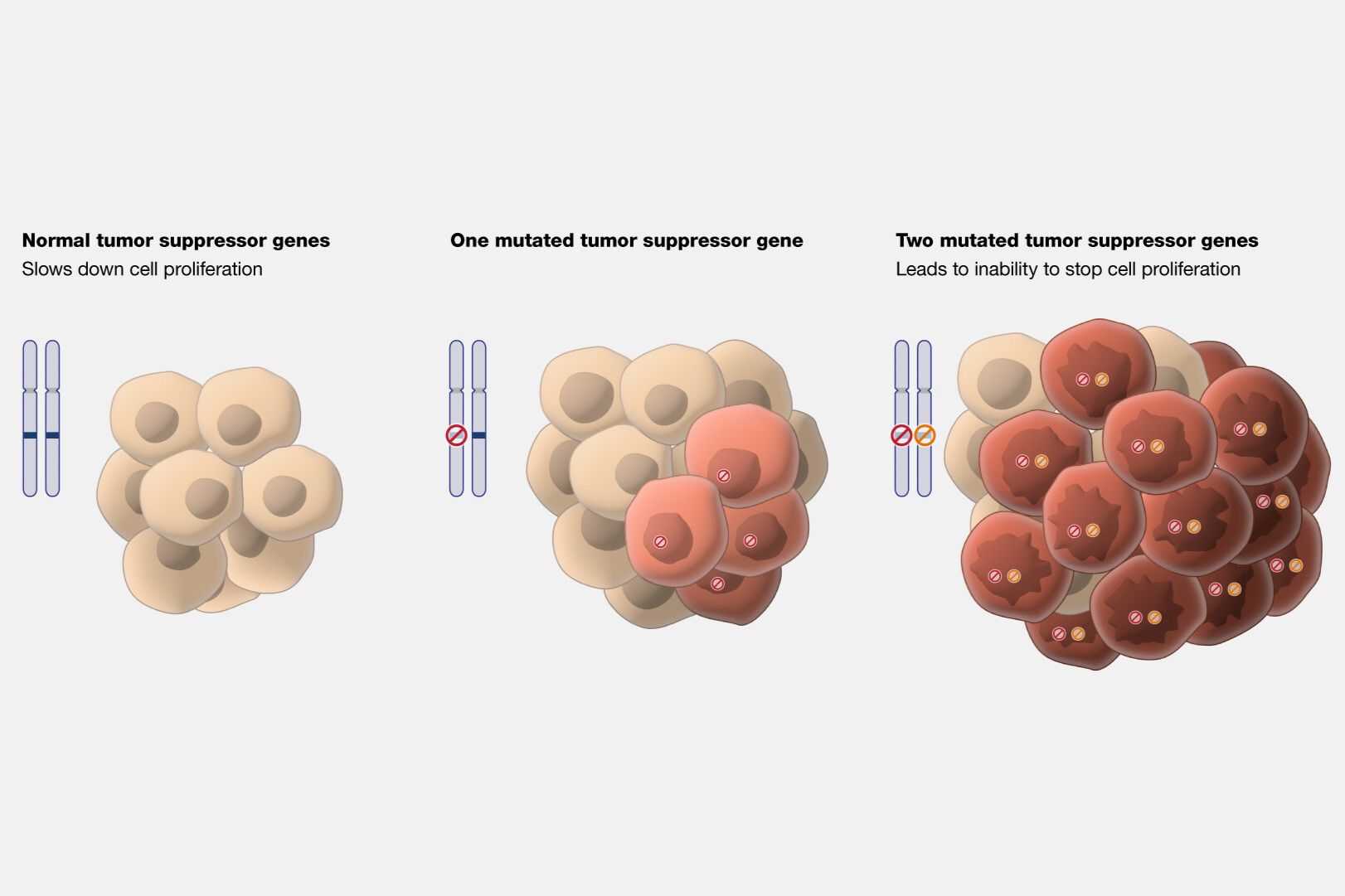
What is a tumor suppressor gene? Tumor suppressor genes are like the body's natural defense system against cancer. They help control cell growth by ensuring cells don't divide too quickly or in an uncontrolled manner. When these genes function properly, they can prevent tumors from forming. However, if a tumor suppressor gene mutates or becomes inactive, it can lead to the development of cancer. Some well-known tumor suppressor genes include TP53, BRCA1, and RB1. Understanding these genes is crucial because they play a significant role in cancer prevention and treatment. In this article, we'll explore 26 fascinating facts about tumor suppressor genes that highlight their importance in maintaining our health.
What is a Tumor Suppressor Gene?
Tumor suppressor genes are like the body's natural defense against cancer. They help control cell growth and ensure cells don't divide too quickly or in an uncontrolled way. When these genes don't work properly, it can lead to cancer.
- Tumor suppressor genes are also known as anti-oncogenes.
- They help repair DNA damage, preventing mutations from accumulating.
- The p53 gene is one of the most well-known tumor suppressor genes.
- Mutations in these genes can be inherited or acquired during a person's life.
- BRCA1 and BRCA2 are tumor suppressor genes linked to breast and ovarian cancer.
How Tumor Suppressor Genes Work
These genes act like brakes on a car, slowing down cell division and ensuring cells die when they should. This process is crucial for preventing cancer.
- Tumor suppressor genes can trigger apoptosis, a process where cells self-destruct if they are damaged.
- They help maintain the stability of the genome, preventing large-scale mutations.
- Some tumor suppressor genes control the cell cycle, ensuring cells only divide when necessary.
- RB1 is a tumor suppressor gene that helps regulate the cell cycle.
- When tumor suppressor genes are mutated, cells can grow uncontrollably, leading to cancer.
Famous Tumor Suppressor Genes
Several tumor suppressor genes have been extensively studied and are well-known in the scientific community.
- The p53 gene is often called the "guardian of the genome" because of its role in preventing cancer.
- BRCA1 and BRCA2 mutations significantly increase the risk of breast and ovarian cancer.
- The APC gene is linked to colorectal cancer.
- PTEN mutations are associated with several types of cancer, including breast, prostate, and endometrial cancer.
- VHL mutations can lead to von Hippel-Lindau disease, which increases the risk of various tumors.
The Role of Tumor Suppressor Genes in Cancer
When tumor suppressor genes fail, the risk of cancer increases. Understanding their role can help in developing treatments.
- Mutations in tumor suppressor genes are found in many types of cancer.
- Loss of heterozygosity is a common mechanism by which tumor suppressor genes are inactivated.
- Epigenetic changes can also silence tumor suppressor genes without altering the DNA sequence.
- Gene therapy aims to restore the function of mutated tumor suppressor genes.
- Targeted therapies can specifically attack cancer cells with defective tumor suppressor genes.
Research and Future Directions
Ongoing research aims to better understand these genes and develop new treatments for cancer.
- Scientists are exploring CRISPR technology to correct mutations in tumor suppressor genes.
- Immunotherapy is being studied as a way to boost the body's natural defenses against cancer.
- Personalized medicine tailors treatments based on an individual's genetic makeup, including their tumor suppressor genes.
- Biomarkers related to tumor suppressor genes can help in early cancer detection.
- Clinical trials are testing new drugs that target specific pathways involving tumor suppressor genes.
- Understanding the interaction between tumor suppressor genes and oncogenes is crucial for developing comprehensive cancer treatments.
Tumor Suppressor Genes: The Guardians of Our Cells
Tumor suppressor genes play a crucial role in keeping our cells healthy. They act like the body's natural defense system, preventing cells from growing uncontrollably and forming tumors. When these genes are working properly, they help repair DNA damage, control cell division, and even trigger cell death if something goes wrong. However, when they're mutated or damaged, their protective abilities weaken, leading to the development of cancer.
Understanding how these genes function can lead to better cancer treatments and prevention strategies. Scientists continue to study them to find new ways to combat cancer. By learning more about tumor suppressor genes, we can appreciate their importance in maintaining our health and the ongoing efforts to harness their power in the fight against cancer. Stay informed and support research—it's a step toward a healthier future for everyone.
Was this page helpful?
Our commitment to delivering trustworthy and engaging content is at the heart of what we do. Each fact on our site is contributed by real users like you, bringing a wealth of diverse insights and information. To ensure the highest standards of accuracy and reliability, our dedicated editors meticulously review each submission. This process guarantees that the facts we share are not only fascinating but also credible. Trust in our commitment to quality and authenticity as you explore and learn with us.
